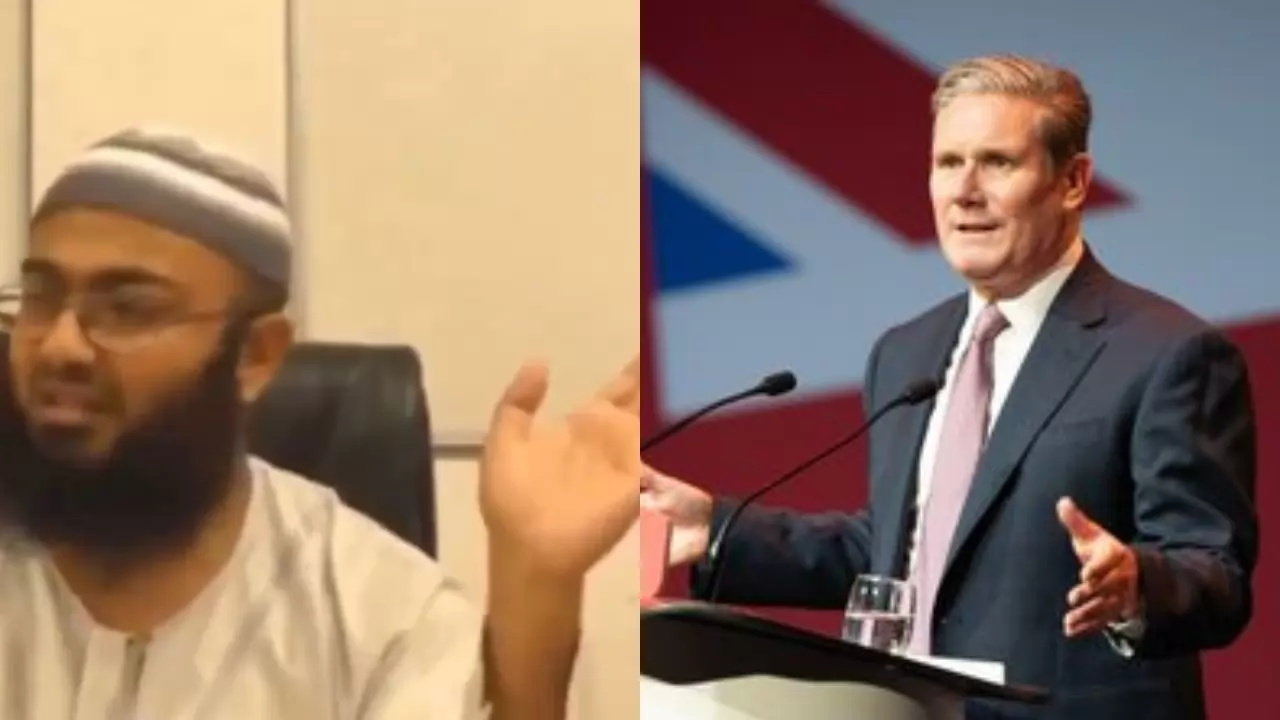
The scholar’s assertion of Sharia law as superior to British law reflects a desire among some groups for a governance system that aligns closely with Islamic teachings. (X/RadioGenoa)
World News: A recent statement by an Islamic scholar in the United Kingdom has sparked significant backlash after he openly criticized British democracy, values, and laws, advocating instead for Islamic governance based on Sharia law. His comments have ignited public debate, with some perceiving it as a direct affront to British principles of freedom and inclusion.
In a bold declaration, the scholar stated, "We don’t like your democracy. We don’t like or care about British values and laws. We don’t want gays. Islam is better, and we want Sharia law in the UK. We Muslims only believe in Allah.” His remarks indicate a strong preference for Islamic principles over the democratic values that the UK upholds. The statement, which has circulated widely on social media, has been met with intense criticism, with some commentators labeling it a “declaration of ideological conflict.”
"We don't like your democracy. We don't like or care about British values and laws. We don't want gays. Islam is better and we want Sharia law in UK. We Muslims only believe in Allah”, says Islamic scholar in UK. It sounds like a declaration of war. pic.twitter.com/iCyvtz6pGT
— RadioGenoa (@RadioGenoa) October 29, 2024
The scholar’s assertion of Sharia law as superior to British law reflects a desire among some groups for a governance system that aligns closely with Islamic teachings. However, his comment has been controversial, with many questioning the compatibility of such views within the UK's democratic and inclusive framework. Critics argue that these remarks could foster division and undermine the harmonious coexistence of communities in the country.
Public opinion on the scholar’s remarks remains divided. While some express concern over perceived anti-democratic sentiment, others highlight the importance of free speech in addressing diverse viewpoints within the UK’s multicultural society. The debate underscores ongoing discussions on identity, law, and cultural values in the UK.





Copyright © 2026 Top Indian News
